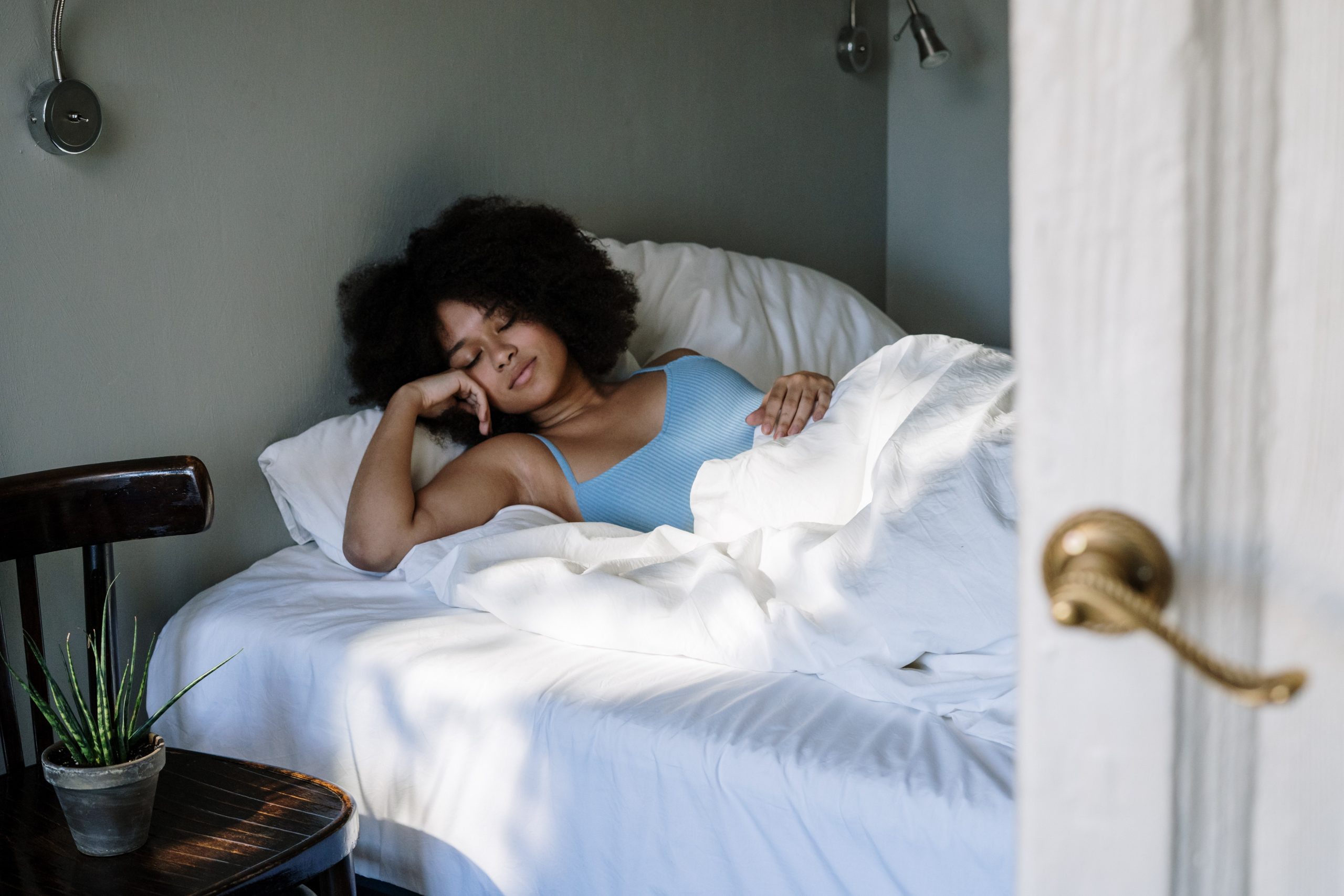Anxiety can be a difficult condition to manage, but there are many relaxation techniques that can help. Relaxation techniques can help to calm the mind and body, reduce stress and anxiety, and improve overall mental and physical health. Here are 15 relaxation tips that can be helpful for managing anxiety:
- Practice Deep Breathing
Deep breathing is a simple and effective relaxation technique. It involves taking slow, deep breaths in through the nose and out through the mouth. This can help to slow down the heart rate and reduce feelings of anxiety. - Practice Progressive Muscle Relaxation
Progressive muscle relaxation involves tensing and relaxing different muscle groups in the body, starting from the toes and working up to the head. This can help to release tension and promote relaxation. - Practice Yoga
Yoga is a mind-body practice that combines physical postures, breathing techniques, and meditation. It has been shown to be effective for reducing stress and anxiety. - Practice Meditation
Meditation involves focusing the mind on a particular object, thought, or activity to achieve a state of relaxation and mental clarity. It has been shown to be effective for reducing anxiety and improving overall mental health. - Take a Warm Bath or Shower
Taking a warm bath or shower can help to relax the body and reduce feelings of anxiety. Adding essential oils, such as lavender or chamomile, can also help to promote relaxation. - Practice Mindfulness
Mindfulness involves focusing on the present moment and accepting one’s thoughts and feelings without judgment. It can help to reduce anxiety and improve overall mental health. - Listen to Relaxing Music
Listening to relaxing music, such as classical or nature sounds, can help to reduce stress and promote relaxation. - Get a Massage
Massage therapy can help to release tension in the muscles, reduce stress, and promote relaxation. - Practice Tai Chi
Tai Chi is a mind-body practice that involves slow, gentle movements and deep breathing. It has been shown to be effective for reducing stress and anxiety. - Practice Aromatherapy
Aromatherapy involves using essential oils to promote relaxation and improve mood. Lavender, chamomile, and bergamot are all popular oils for reducing anxiety. - Practice Visualization
Visualization involves creating mental images of peaceful and calming scenes, such as a beach or forest. It can help to reduce anxiety and promote relaxation. - Spend Time in Nature
Spending time in nature, such as going for a walk in the woods or sitting by a river, can help to reduce stress and promote relaxation. - Drink Herbal Tea
Drinking herbal tea, such as chamomile or valerian root tea, can help to promote relaxation and reduce anxiety. - Laugh
Laughter has been shown to have numerous health benefits, including reducing stress and promoting relaxation. - Exercise
Exercise is a natural stress reliever and can help to reduce anxiety. Activities such as walking, running, or yoga can be particularly effective.
In conclusion, managing anxiety can be challenging, but there are many relaxation techniques that can be helpful. Practicing deep breathing, progressive muscle relaxation, yoga, meditation, mindfulness, listening to relaxing music, getting a massage, practicing aromatherapy, visualization, spending time in nature, drinking herbal tea, laughing, and exercising are all effective relaxation tips for managing anxiety. By incorporating these techniques into daily life, individuals can reduce stress and anxiety, improve overall mental and physical health, and lead a more relaxed and fulfilling life.

